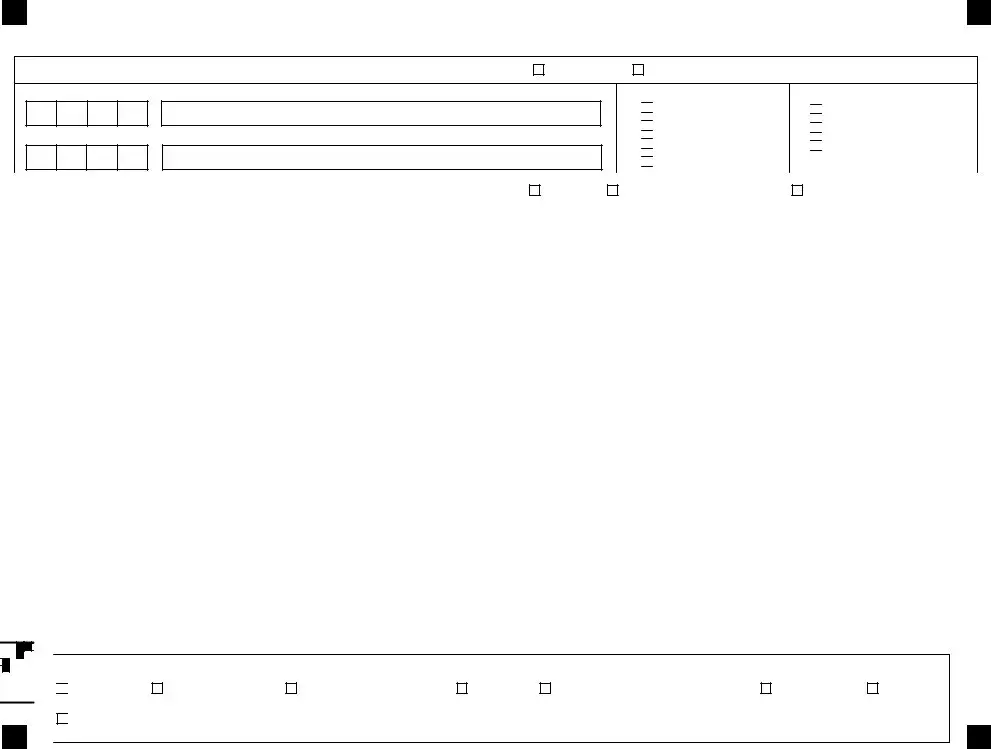What is the purpose of the Cerebral Palsy Massachusetts PCA Change Form?
The Cerebral Palsy Massachusetts PCA Change Form is designed to formally request updates or changes to information regarding a Consumer or Personal Care Assistant (PCA) involved in the program. This can include changes to addresses, telephone numbers, or even the termination of a PCA for various reasons. It ensures that records are kept up to date, which is crucial for the smooth operation of caregiving responsibilities and administrative accuracy.
How do I submit a request for a change using this form?
To submit a request for a change, you need to fill out the necessary sections of the form that apply to the change you're requesting. This includes checking the type of change (such as Consumer Address or PCA Termination), providing the required details (like new addresses or the reason for termination), and specifying who is requesting the change. After completing the form, it should be sent to Cerebral Palsy of Massachusetts via the provided fax number or mailing address.
Can I request supply materials using the same form?
Yes, the form also allows for the request of various supply materials related to the PCA program. You can request timesheets, payment schedules, Direct Deposit application forms, Form W4, I9, as well as a Union Card among others. To request these materials, simply fill out the Supply Request section by checking the relevant boxes for the materials you need.
What should I do if a PCA is terminated?
If a PCA is terminated, it's important to document the last day of work and the reason for termination using the form. The form provides options for indicating whether the termination was due to the PCA quitting, misconduct, or other reasons with no misconduct involved. Detailed information helps ensure that the termination process is handled accurately and professionally.
Is the signature of the Consumer/Surrogate required for the form to be processed?
Yes, the signature of the Consumer/Surrogate is required for the form to be processed. This signature is a vital part of the form as it verifies that the information provided is accurate and that the Consumer/Surrogate is aware of and consents to the requested changes or supply requests. Both the Consumer/Surrogate and the PCA (where applicable) need to sign the form.
Who can request changes or supplies?
Changes or supply requests can be initiated by either the Consumer/Surrogate, the PCA, or PCM Agency staff. The form includes a section to indicate who is making the request. It's important that the person requesting the change or supply correctly identifies themselves in this section to ensure that the request is processed efficiently and without unnecessary delay.
What if I need to request materials or changes not listed on the form?
If you need to request materials or changes that are not specifically listed on the form, there is a section labeled "Other" under the Supply Request segment where you can write in your specific request. This ensures that the form can accommodate a wide range of requests, even those not anticipated in the pre-printed check boxes. For such requests, providing clear and concise information about what is needed will help in processing your request smoothly.


 Consumer Address
Consumer Address Telephone Number
Telephone Number PCA Address
PCA Address Other
Other
 Consumer/Surrogate
Consumer/Surrogate PCA
PCA PCM Agency
PCM Agency


 45155
45155
